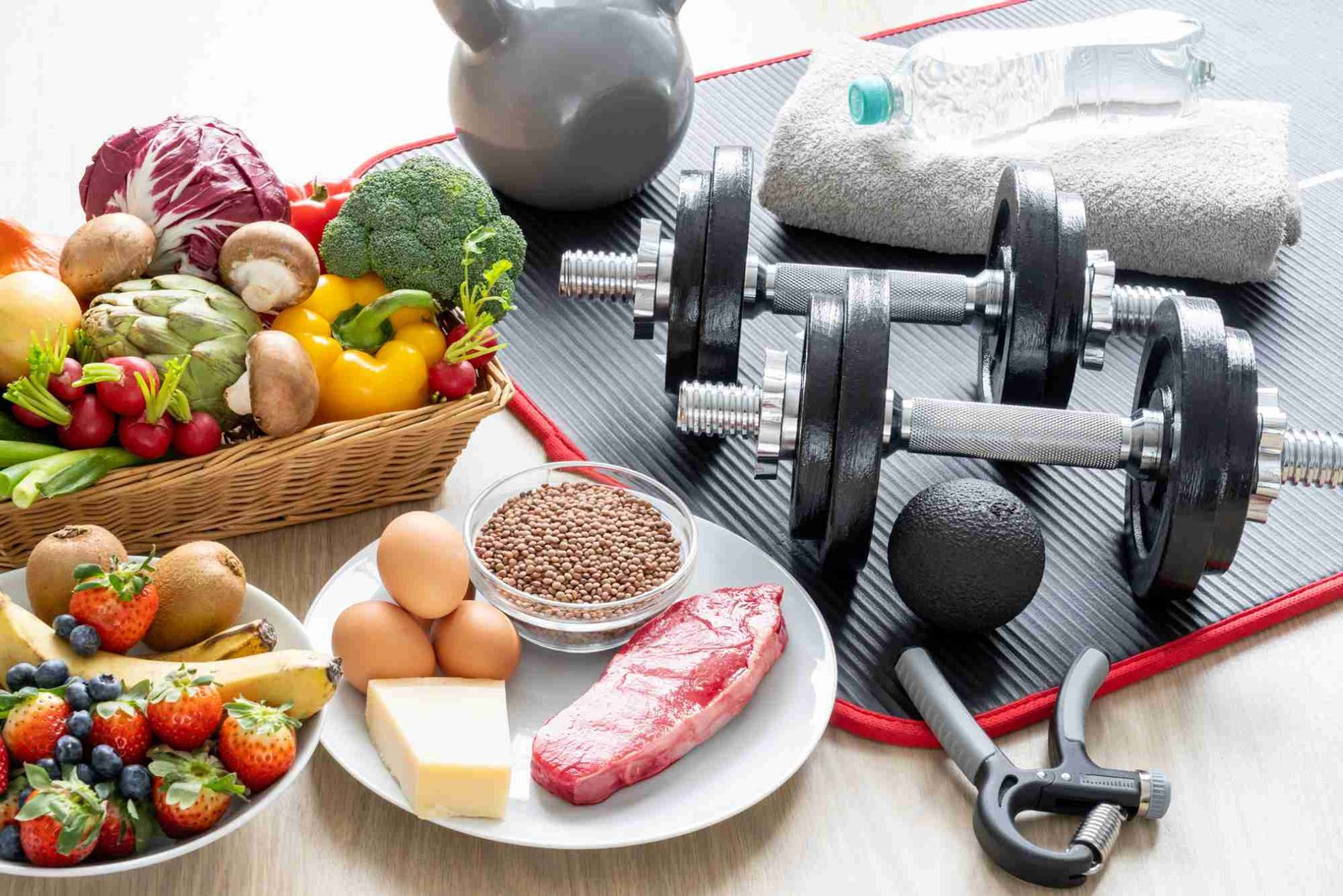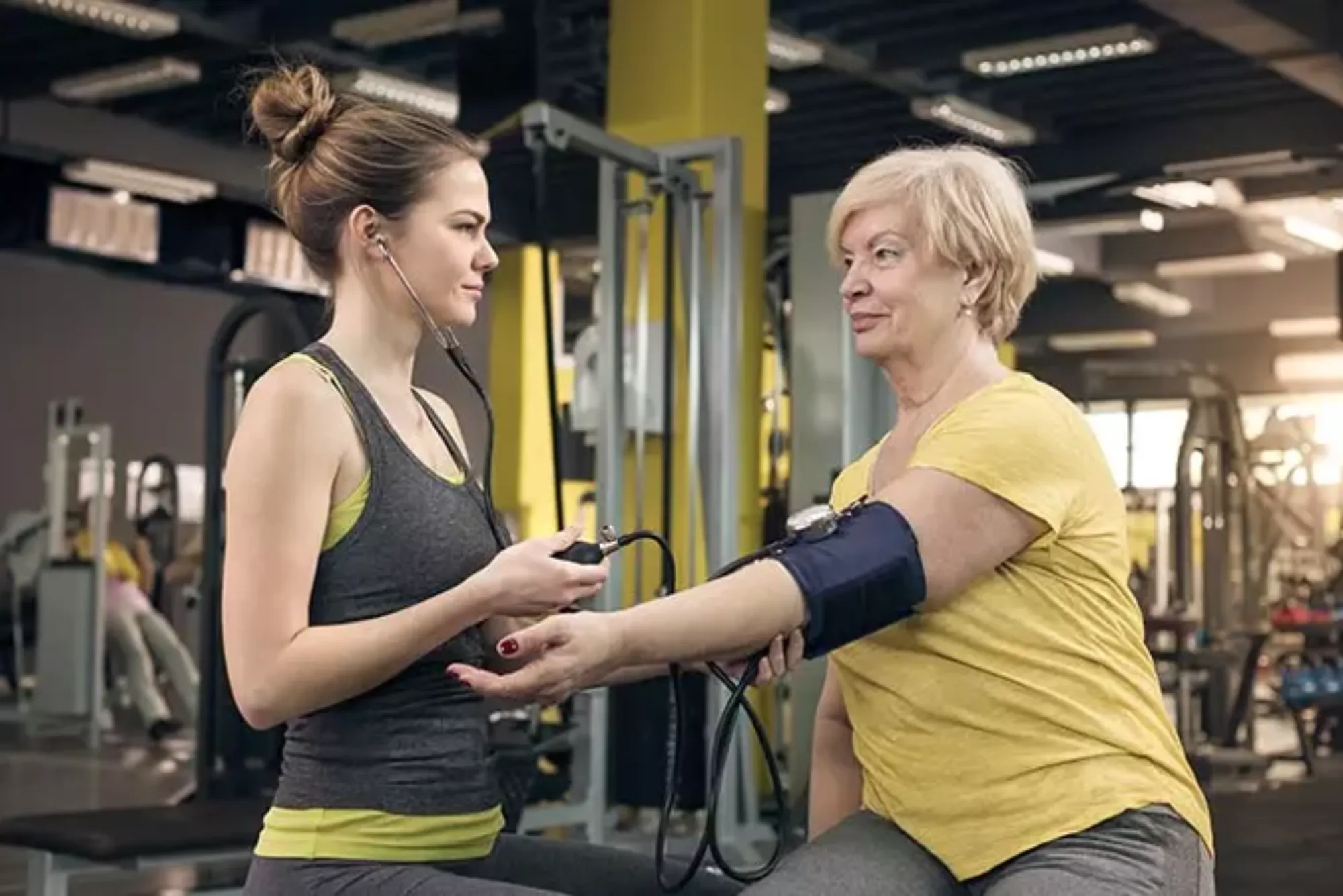Finding the right balance between eating and exercising can be tricky. Many fitness enthusiasts wonder, how long should you wait after eating to exercise for the best performance and comfort. Whether you’re heading to an Orange Theory Mountain View class, jogging outdoors, or hitting the gym, timing your meals and workouts matters more than you might think. Eating too soon before exercising can cause cramps, nausea, or sluggishness, while waiting too long might leave you low on energy.
In this guide, we’ll explore how meal timing affects your body, how long to wait depending on what and when you eat, and common mistakes people make. You’ll also get expert-backed tips to optimize your digestion and energy so you can perform your best.
Understanding Why Timing Matters
Your body needs fuel to perform physical activity efficiently. However, digestion is a demanding process. After eating, blood flow increases toward your stomach and intestines to break down food. When you exercise too soon, your muscles also demand blood and oxygen. This creates a conflict — your body can’t effectively prioritize both digestion and performance.
That’s why finding the right timing helps prevent discomfort like bloating, side stitches, or sluggish movement during workouts. The goal is to give your body enough time to digest while still maintaining steady energy levels.
How Long Should You Wait After Eating to Exercise
The ideal waiting time depends on what and how much you eat. Generally, experts recommend waiting:
-
Large meals: 2–3 hours before exercising.
-
Small meals or snacks: 30–60 minutes before a workout.
But it’s not only about time — the type of food matters too. Protein and fat take longer to digest than carbohydrates. If your meal was heavy or high in fat, waiting closer to three hours may help you feel lighter and more energetic. On the other hand, if you had a light snack such as a banana or smoothie, you can likely work out sooner.
Light Snacks Before Workouts
If you’re heading to an early morning Orange Theory Mountain View session or a quick gym visit, a small, easily digestible snack 30–45 minutes before exercise can be perfect. Opt for simple carbohydrates with a touch of protein — think of a piece of toast with peanut butter, a yogurt cup, or a banana with almond butter. These give you quick energy without weighing you down.
Full Meals Before Training
If your schedule allows for a full meal, aim for a mix of complex carbs, lean proteins, and healthy fats about 2–3 hours before working out. A balanced meal might include grilled chicken with brown rice and vegetables or oatmeal with fruit and nuts. Giving your body this window ensures proper digestion and stable energy throughout your workout.
For a deeper exploration of this topic, check out this in-depth look at how long should you wait after eating to exercise for science-backed insights.
Common Mistakes People Make
Even experienced athletes make errors in meal timing. One common mistake is eating a heavy meal right before exercise. This often leads to bloating, cramps, or a sluggish feeling. Another frequent issue is skipping meals altogether, assuming it will enhance fat loss. In reality, exercising on an empty stomach can lead to fatigue, dizziness, and poor performance.
Some people also underestimate the importance of hydration. Eating and exercising dehydrate the body in different ways. Drinking water throughout the day — not just during workouts — keeps digestion and muscle function running smoothly.
Another mistake is overloading on high-fiber or fatty foods before a workout. These foods are healthy but take longer to digest, which can make you uncomfortable if you exercise too soon afterward.
The Role of Exercise Type in Meal Timing
Different workouts demand different energy levels and digestion times. A light yoga class after breakfast may not cause issues, but sprinting or strength training after a large meal could.
Cardio Workouts
For activities like running, cycling, or HIIT (such as Orange Theory sessions), a lighter stomach helps. Wait at least 1–2 hours after a small meal, or longer if it’s a big one. This minimizes the risk of cramps and ensures your energy isn’t drained by digestion.
Strength Training
If you’re lifting weights, you may want more fuel in your system. A balanced meal 2–3 hours before training supports sustained effort and muscle recovery. For a quick energy top-up, a small snack about 30 minutes before your workout can also help.
Yoga or Low-Intensity Workouts
Gentle workouts like yoga, pilates, or stretching require less immediate fuel. You can usually eat a light meal or snack an hour before class without discomfort.
How To Optimize Digestion Before Exercise
Here are practical tips to help your body digest efficiently before physical activity:
-
Eat slowly and mindfully to reduce bloating.
-
Avoid carbonated beverages before workouts.
-
Limit greasy or fried foods close to training time.
-
Stay hydrated, but avoid drinking too much water right before exercise.
-
Consider the timing of caffeine — consuming coffee too close to exercise can cause acid reflux or jitters in some people.
Understanding your own body’s signals is key. Some people can eat and run within 30 minutes without issues, while others need more time. Experiment with meal sizes and timing to find what works best for you.
How Orange Theory Mountain View Helps You Time It Right
At Orange Theory Mountain View, workouts are designed to balance cardio and strength in intervals, making meal timing even more important. Trainers often recommend arriving fueled but not full. Eating a light pre-workout snack around 45 minutes before class gives your body the energy to power through intense bursts without stomach discomfort.
After class, a post-workout snack or meal rich in protein and carbs helps replenish glycogen stores and supports muscle recovery. Think of options like a protein smoothie, eggs on whole-grain toast, or Greek yogurt with berries.
FAQs: How Long Should You Wait After Eating To Exercise
1. Can I exercise right after eating?
It’s not ideal. Exercising immediately after a meal can cause cramps, nausea, and sluggishness because your body is still digesting food.
2. What’s the best time to work out after breakfast?
Wait about 1–2 hours after a balanced breakfast. If it’s a small meal or smoothie, 30–45 minutes may be enough.
3. Is it okay to work out on an empty stomach?
It depends on your goals. Some people perform well in fasted states, but others feel dizzy or weak. Try both approaches to see what suits you best.
4. How long should I wait after eating dinner to exercise?
Wait at least 2–3 hours after dinner for moderate to intense exercise. A light walk, however, can be done sooner.
5. What should I eat before an Orange Theory class?
Choose a small, balanced snack with carbs and protein — like a banana and nut butter — about 30–45 minutes before class.
Knowing how long to wait after eating before exercise can make a huge difference in your comfort and performance. It’s not just about the clock; it’s about understanding your body, meal size, and workout type.
For most people, small snacks 30–60 minutes before working out are ideal, while larger meals need 2–3 hours to digest. Avoid common mistakes like overeating before workouts or skipping meals entirely. Stay hydrated, listen to your body, and adjust based on how you feel during training.
If you want to explore more on fitness and performance fundamentals, visit our sports & fitness basics section for expert insights and healthy living tips.
Ready to improve your workout results? Apply these timing strategies, and you’ll notice smoother, more energized sessions — whether you’re training solo or at Orange Theory Mountain View. For trusted fitness and wellness content, check out our editorial partner for more expert-backed resources.




